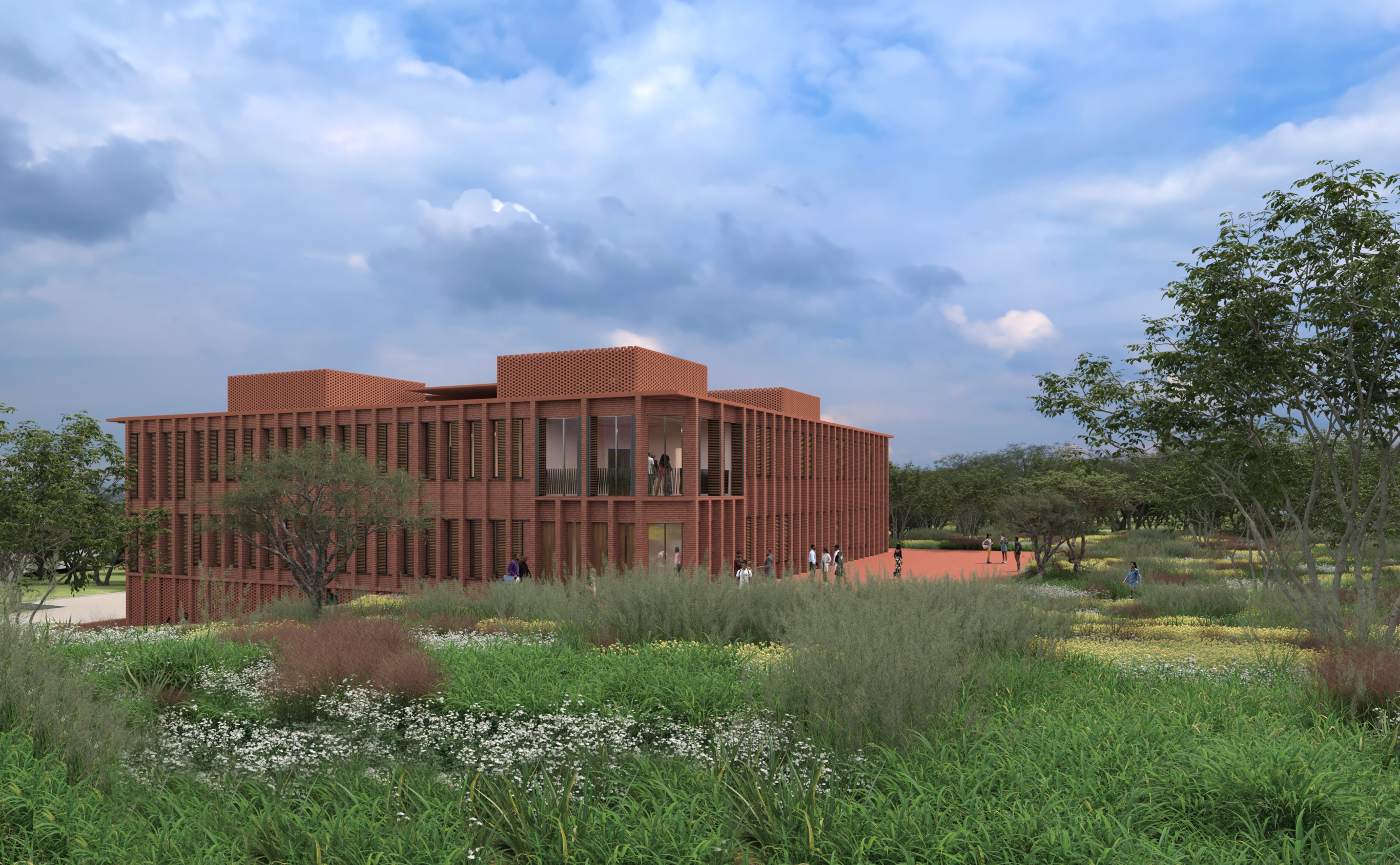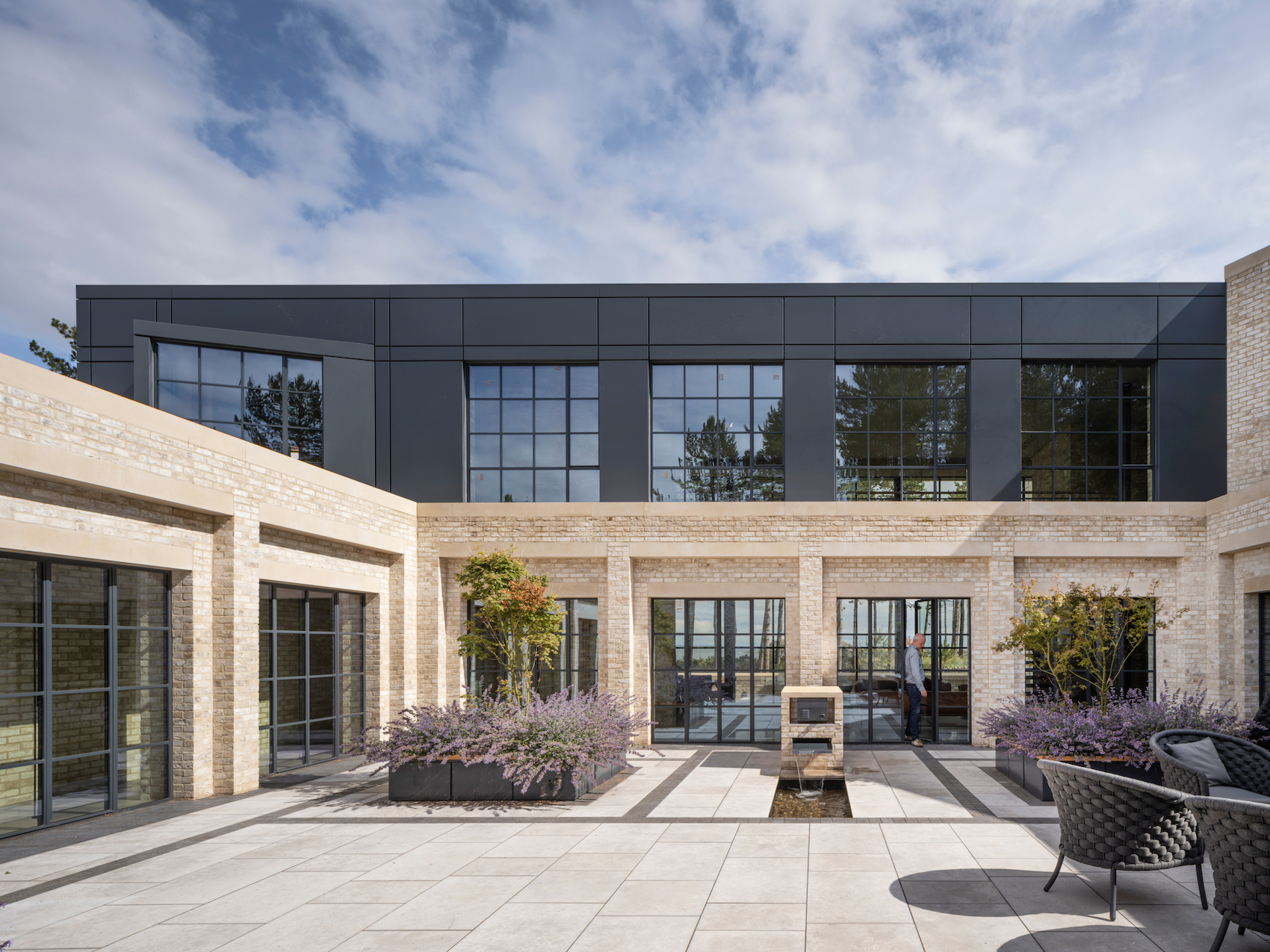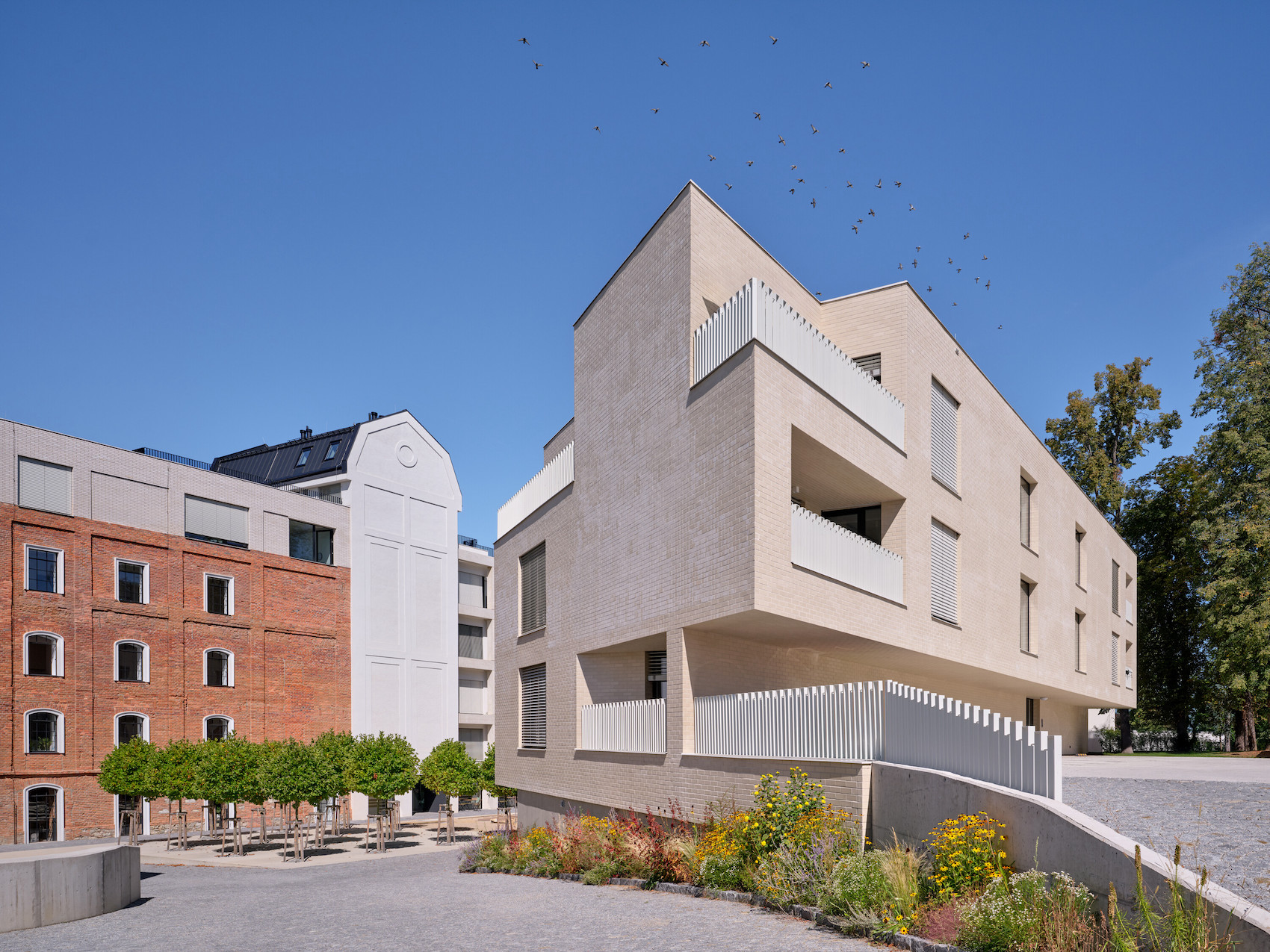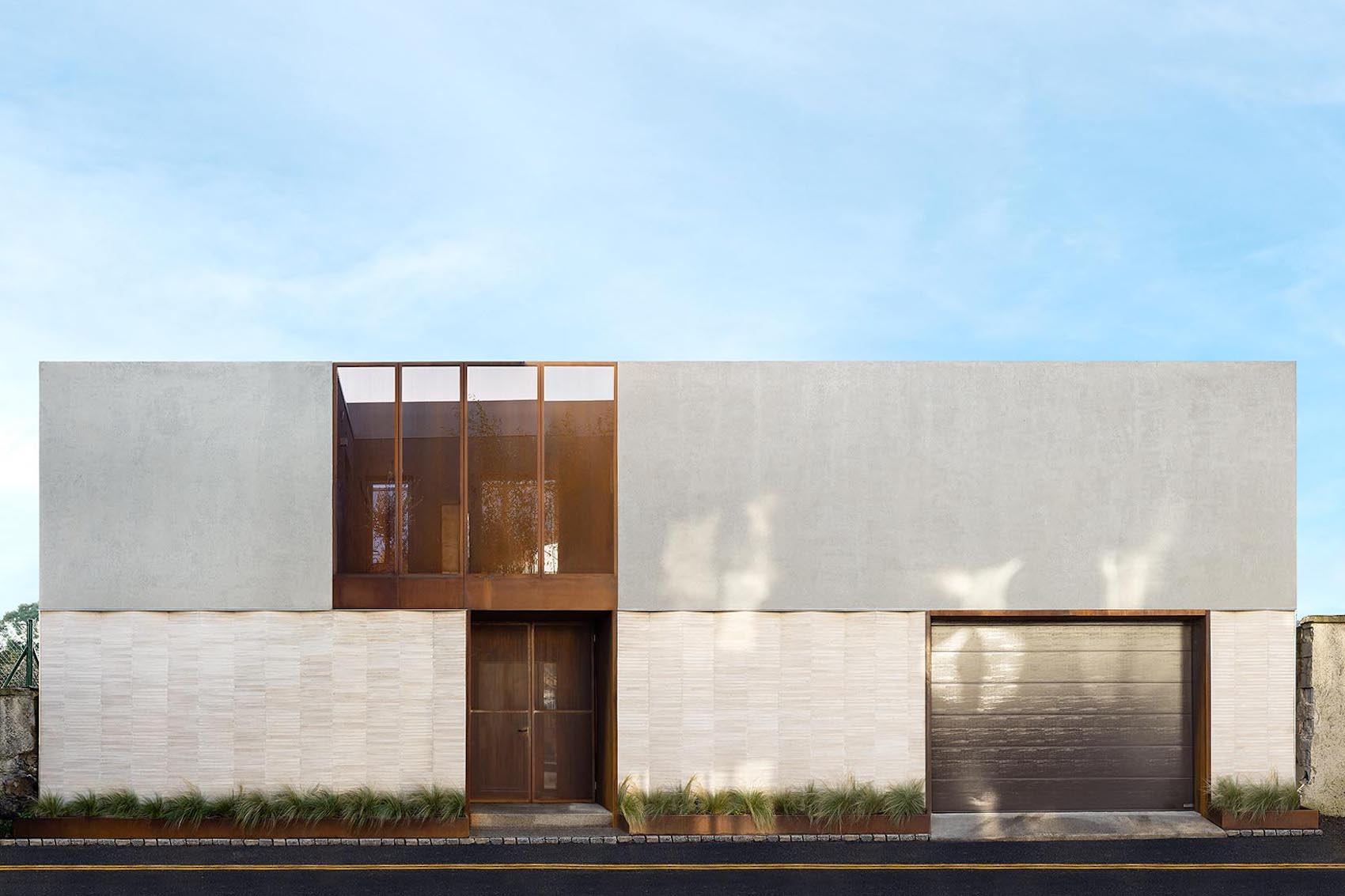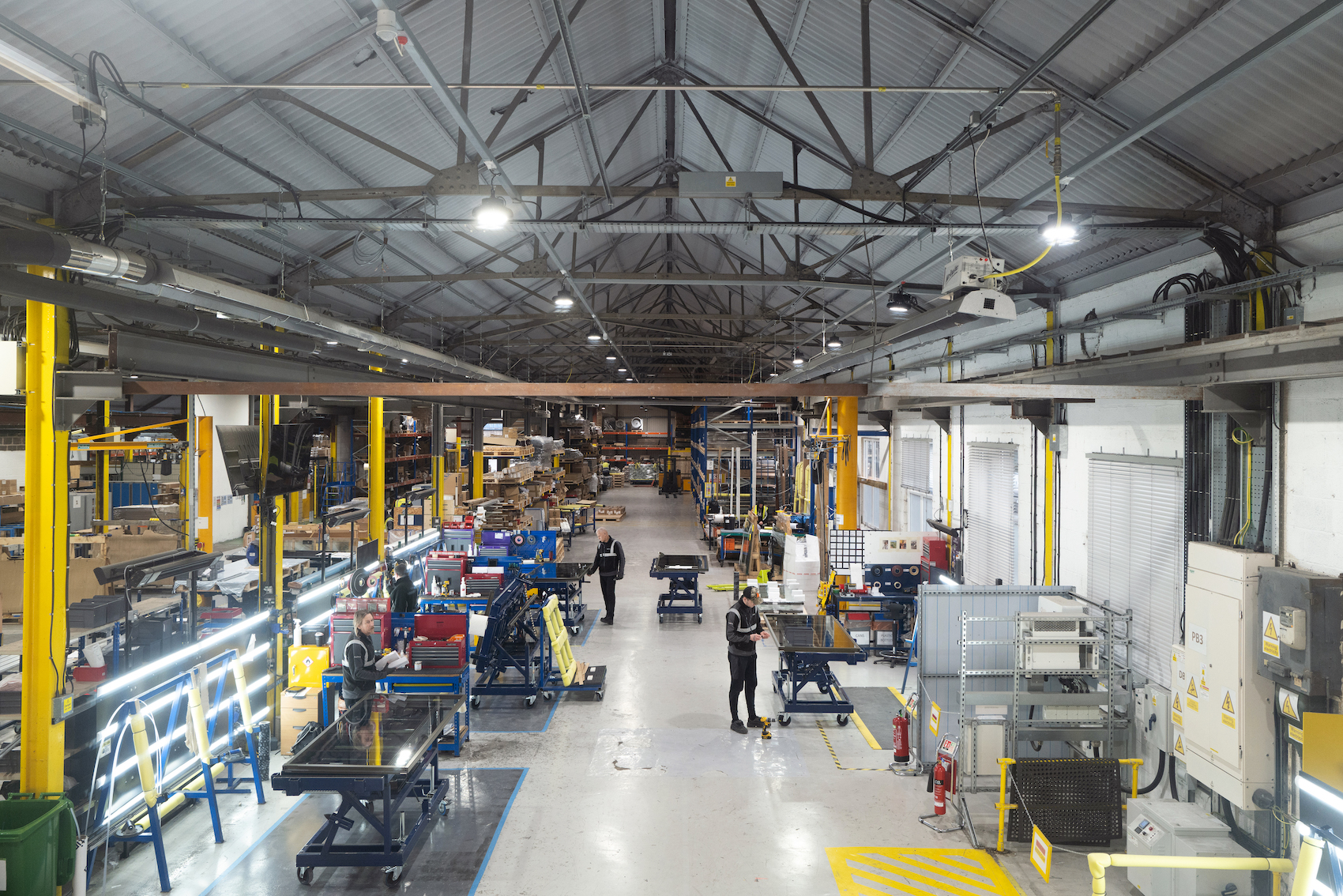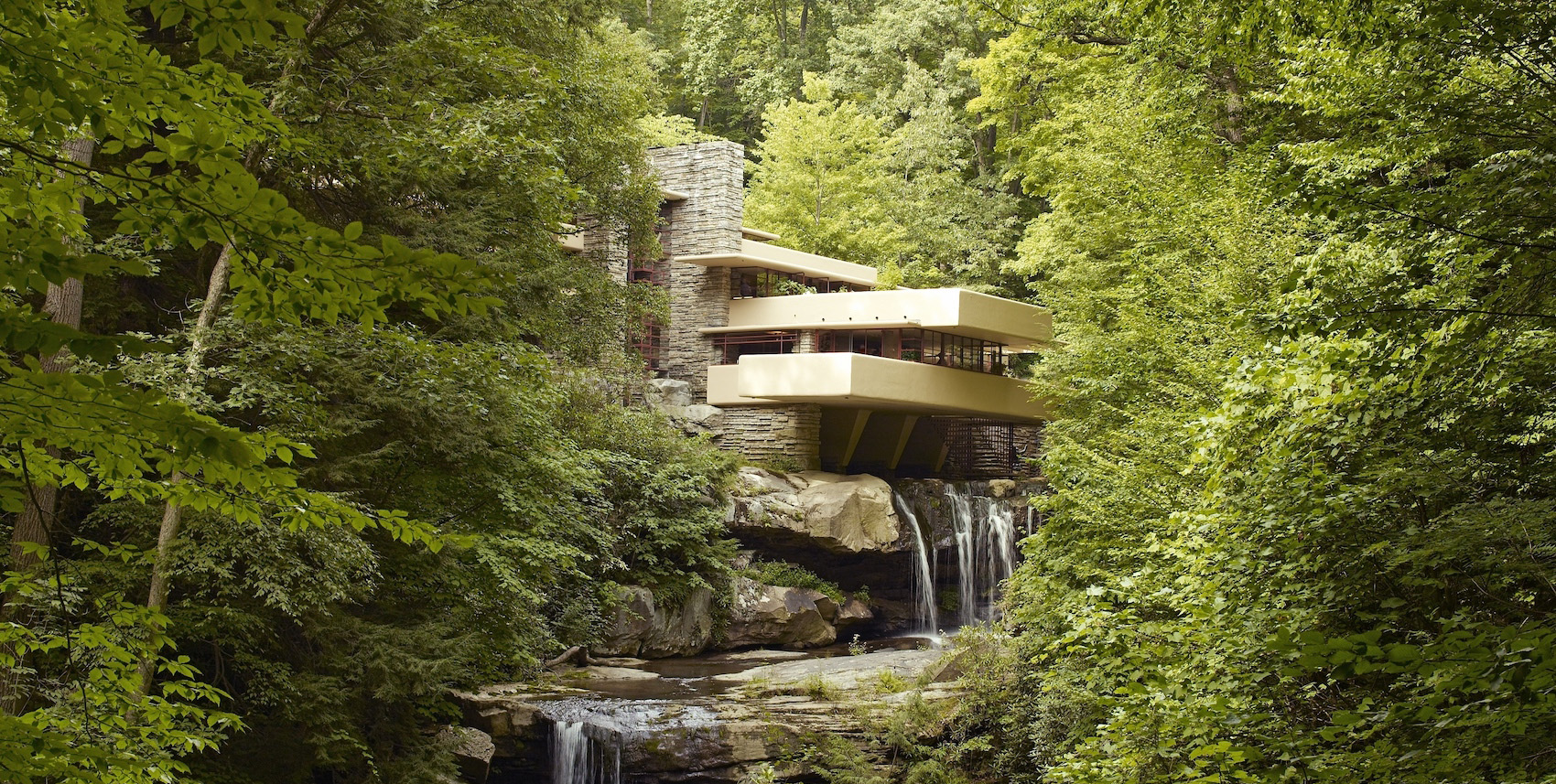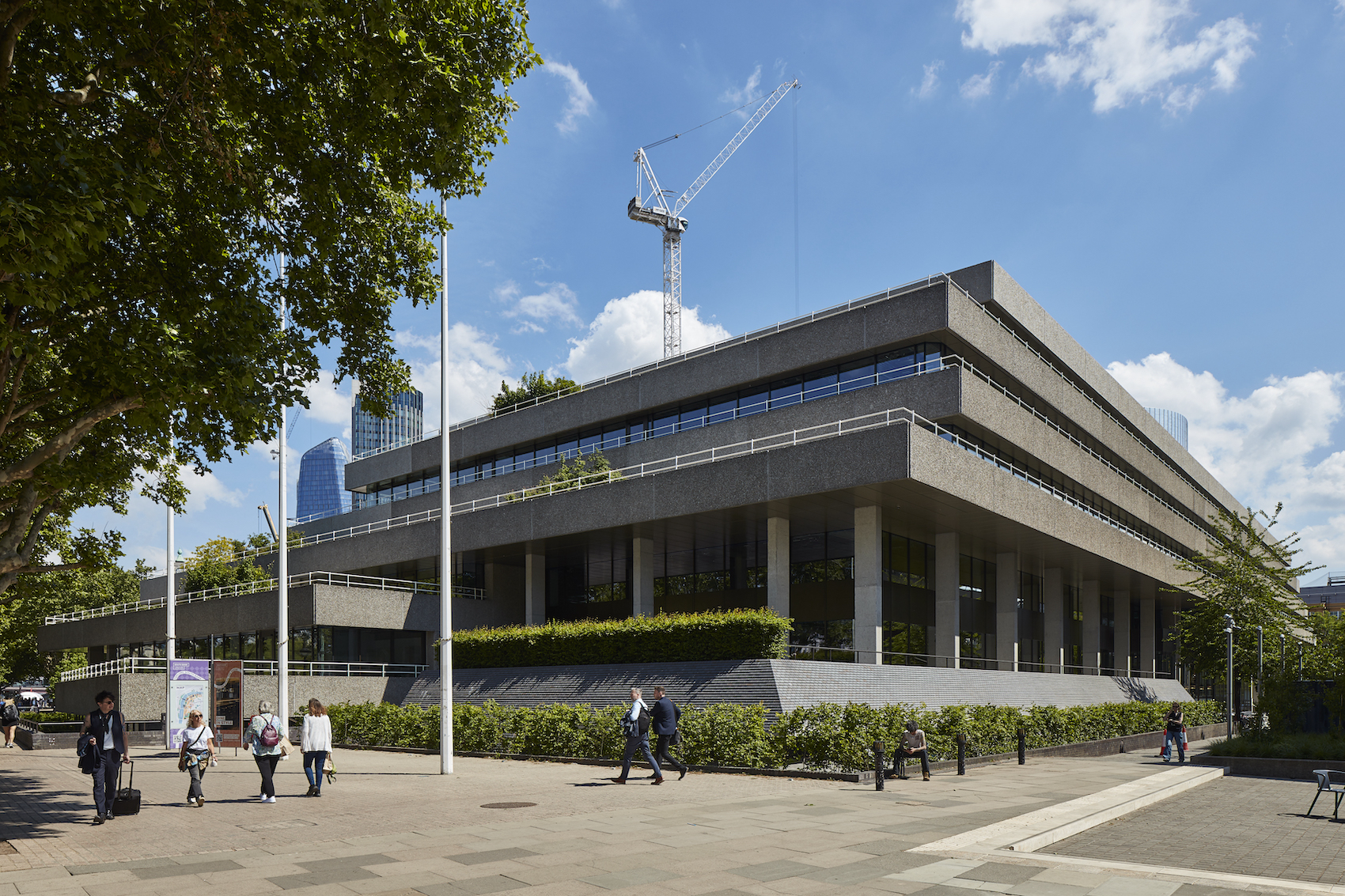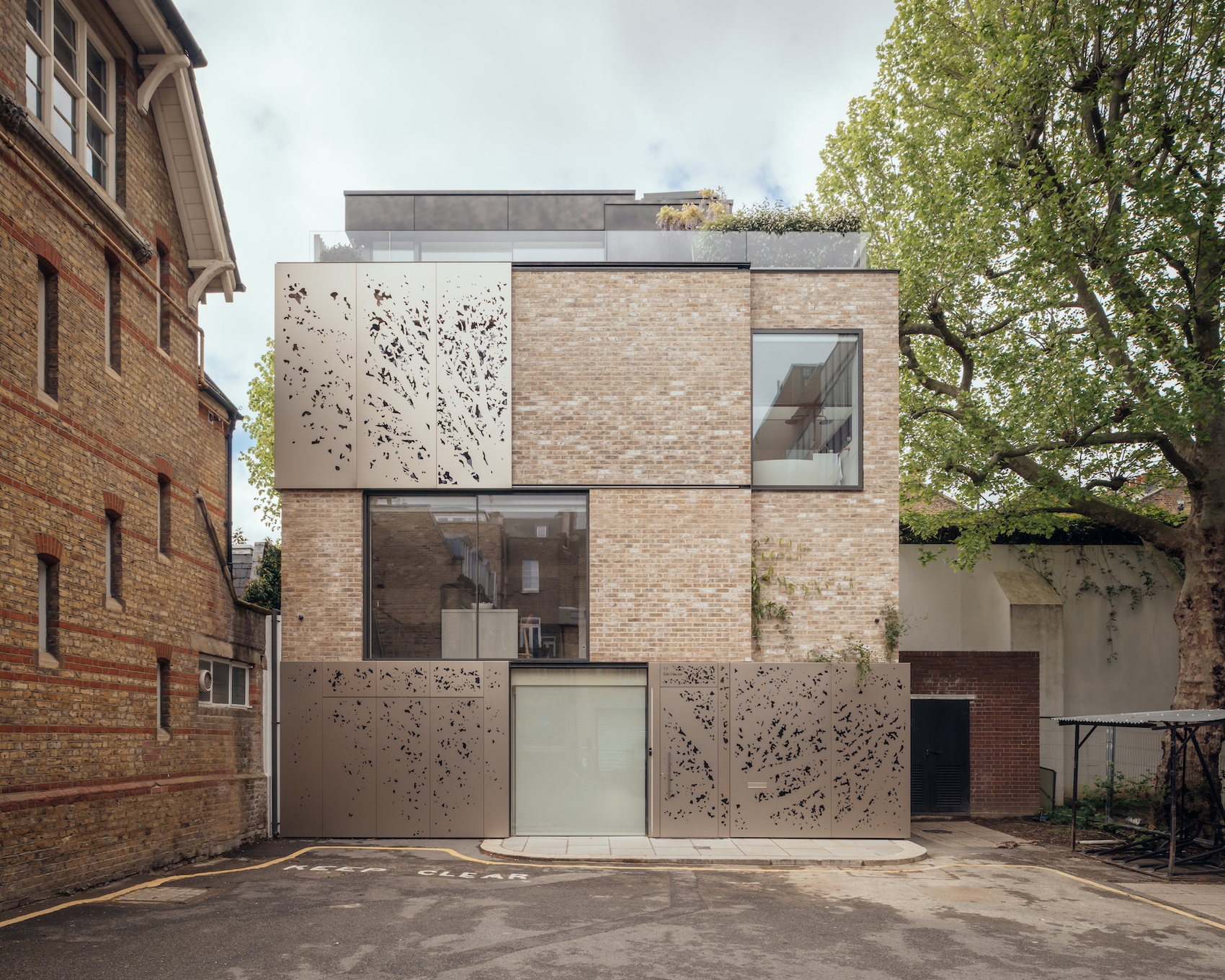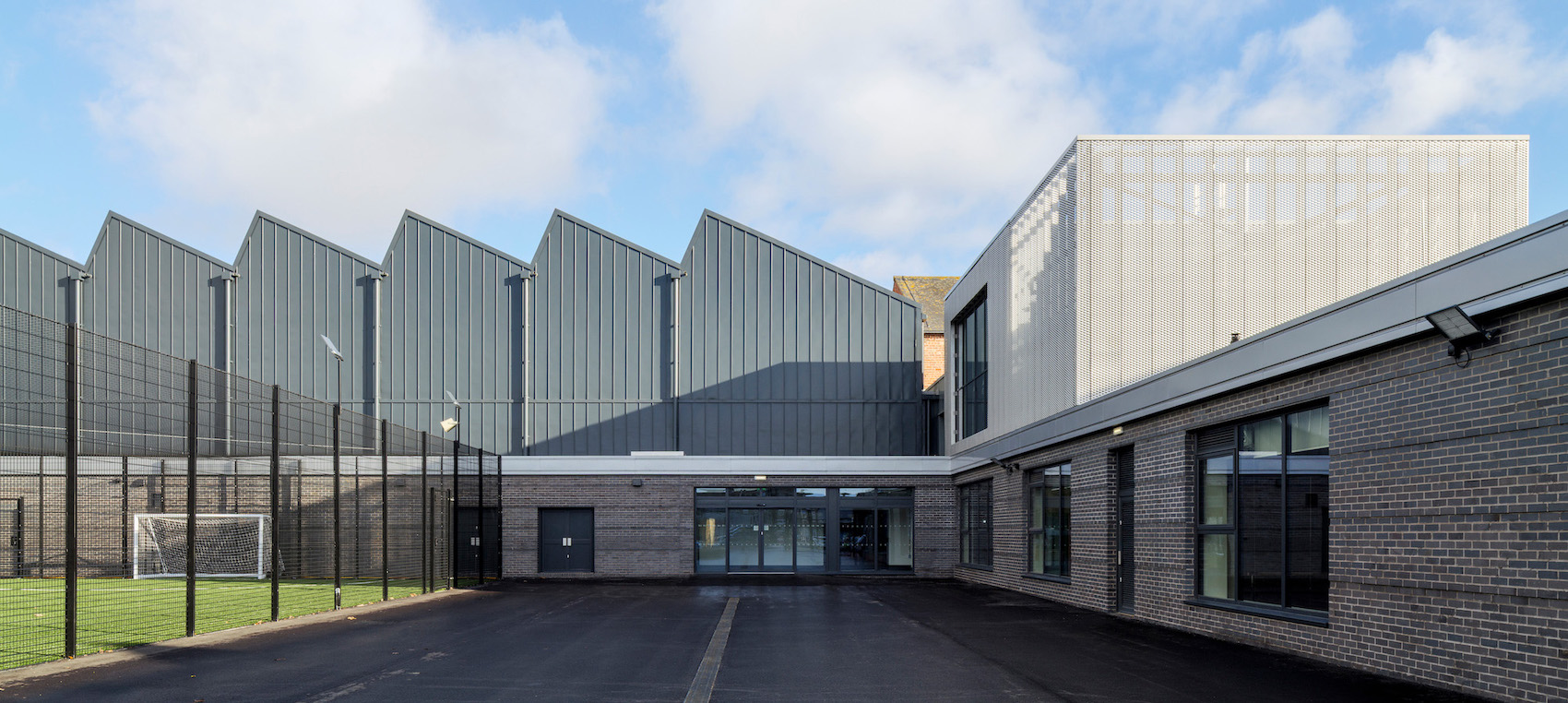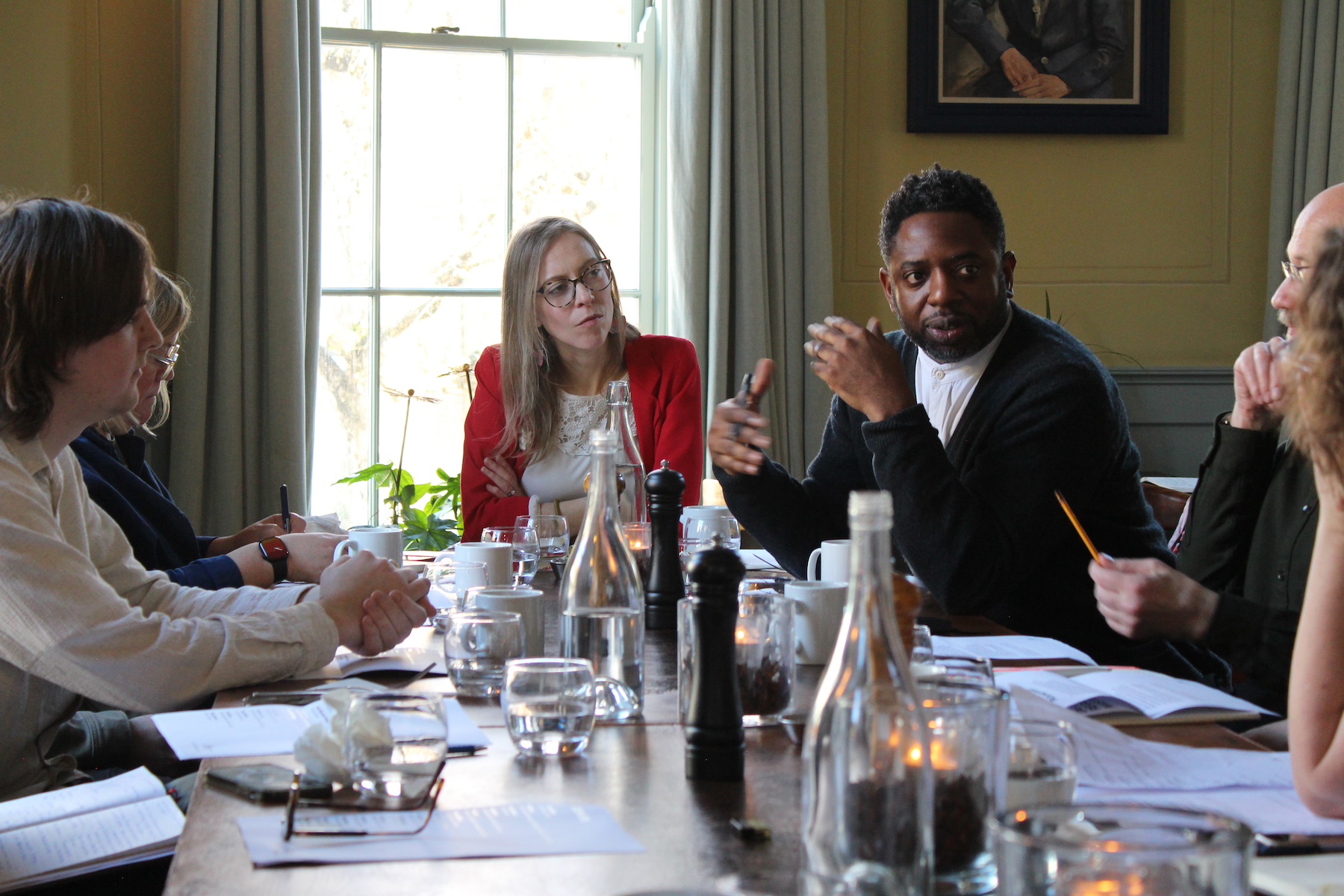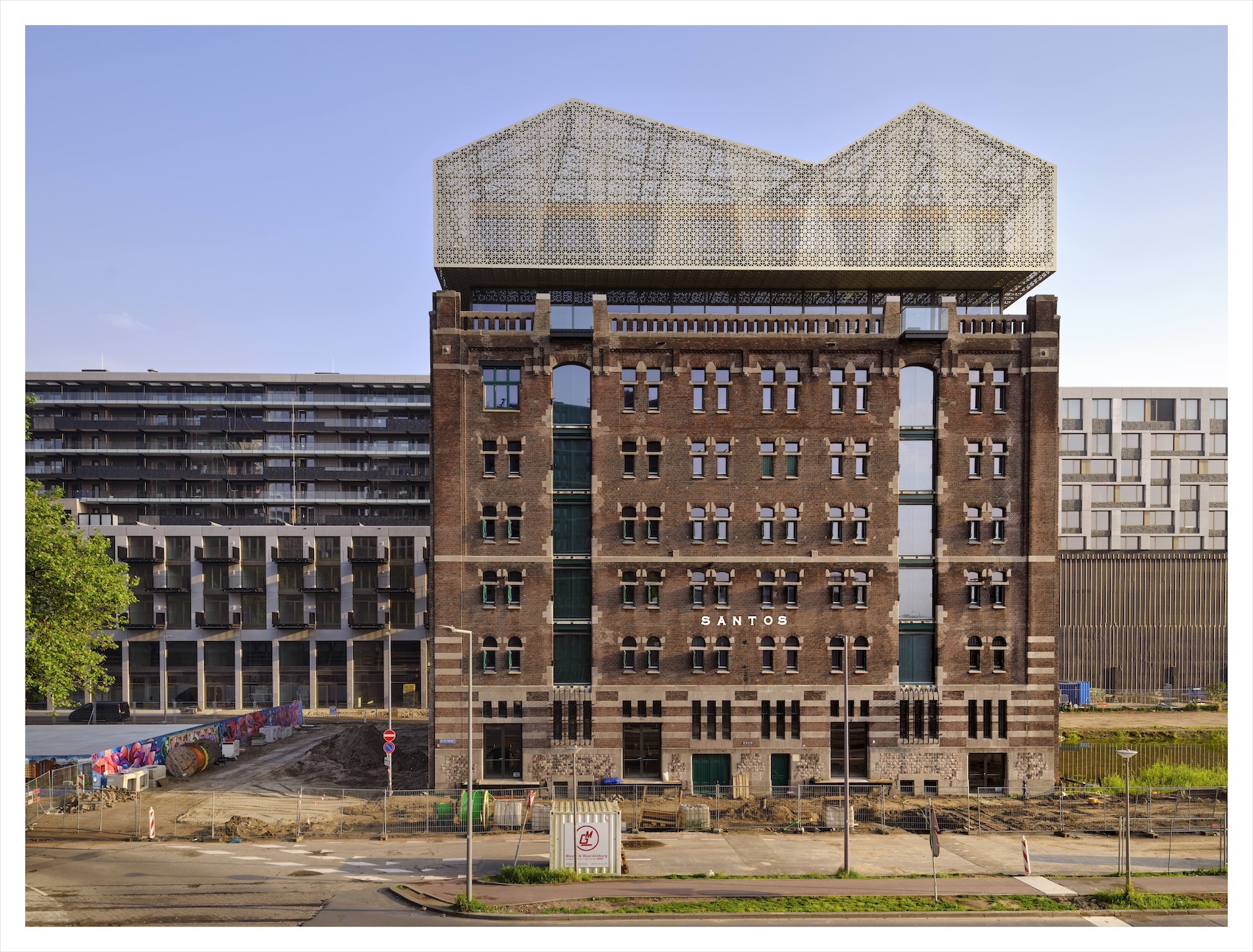Anna Lisa McSweeney, UK Network Lead at Built by Nature, introduces the Principles for Responsible Timber Construction and calls on architects to submit their projects for BbN’s new global prize.
Timber is an increasingly important construction material. The business-as-usual global demand for timber is set to increase 37% by 2050; in a scenario where mass timber and manmade cellulose fibre use increases, that figure could reach 60%. Unregulated expansion of timber demand poses some risks, such as biodiversity loss from unsustainable sourcing, as well as carbon leakage due to inefficient material use. The sector needs more examples of what good practice looks like to facilitate expansion.
Built by Nature (BbN), a not-for-profit accelerating the transition to biobased construction, recognises the major opportunity that timber and biobased materials offer to reduce embodied carbon, enhance carbon storage, and support a thriving bioeconomy. To that end, BbN in collaboration with partners, has developed the Principles for Responsible Timber Construction (‘the Principles’) to ensure that the increased demand for timber leads to positive outcomes for biodiversity, climate, and communities.
The intention is to create a ‘common language’ around responsible timber use that can be confidently adopted across the entire value chain. BbN plans to launch a cross-sector commitment to these Principles at UNFCCC COP30 alongside an implementation framework to accelerate necessary industry transformation. BbN’s 2025 Global Prize aims to identify and amplify case studies to demonstrate excellence in timber building projects that align with the Principles.
The Principles for Responsible Timber Construction developed by Built by Nature in collaboration with partners, are designed to ensure that the increased demand for timber leads to positive outcomes for biodiversity, climate, and communities.
BbN is in a unique position to convene and connect industry and government actors towards a common narrative: aligning policy, practice and investment to unlock the full potential of timber construction.
We know that re-using, adapting and extending the life of existing buildings is the lowest impact means of fulfilling evolving development needs. Light-weight extensions and fabric improvements to existing structures capitalise on the carbon that has already been spent and transform the use of a building. The Dutch term ‘Optoppen’ describes the opportunity to ‘top up’ our cities, with timber extensions offering significant potential in square-meterage gained and carbon stored.
A transition to biobased construction can help deliver low-carbon cities aligned with international climate commitments. The Measuring Mass Timber report evidences reductions in embodied and operational emissions, alongside improvements to wellbeing in timber buildings. Substituting high-carbon and extractive materials for renewable alternatives saves and stores the carbon locked-in from the atmosphere as the material grows. Accurate and transparent accounting for the Whole Life Cycle carbon impact of buildings, clearly differentiating between biogenic and fossil carbon, is necessary to the Principles’ aim of developing a ‘common language’.
Timber buildings connect us to the natural environment; the places and people who provided the materials to construct them. The IMPACTT project helps bridge the gap between construction and forestry, connecting end-users of timber buildings to the forests in which they were grown. Sustainable Forest Management must continuously evolve to support the restoration and expansion of the world’s forests, natural habitats, and the livelihoods of the people who manage these places and resources, ensuring a just transition throughout supply chains.
BbN’s 2025 global Prize aims to identify and amplify case studies to demonstrate excellence in timber building projects that align with the Principles for Responsible Timber Construction.
There is growing interest in the carbon storage potential of wood, especially following the EU’s adoption of the Climate Removal Certification Framework Regulation in November 2024. Climate Cleanup have created a framework for certifying the net carbon removal benefit of biobased construction and attaching value to the carbon stored. The recognition of building products as a carbon store requires appropriate use and care of long-lasting components that can be used time and again. The recently commenced Using Wood Well project seeks to develop metrics for Wood Use Intensity and Use:Renewal Ratio; ensuring that biobased materials remain in use for at least as long as their regrowth period.
A consistent topic of conversations held at the BbN UK Spring Symposium earlier this year was the opportunity that promoting a timber building bioeconomy would offer the UK – creating green jobs that support rural economies, and delivering new homes that are affordable for people and the planet. Tai ar y Cyd, a pattern book supporting social landlords to deliver energy-efficient cost-effective homes utilising timber from Welsh forests and manufactured in Welsh factories, demonstrates what is possible when government and industry collaborate.
The Principles are happening, but we need them to become the industry standard, everywhere, all the time and all at once. We need to celebrate tangible examples of how the Principles can be applied and to amplify the learnings of how they work in practice. BbN’s 2025 Prize aims to do just that.
At Built by Nature, we know that building a broad coalition of supporters across all built environment stakeholders ensures the timber building industry can thrive in a sustainable and responsible way. By joining us and endorsing the Principles, you become part of a movement to secure the future of both natural and urban environments, with direct benefits to climate, nature, and people.
Enter the Prize!
A panel discussion about Tai ar y Cyd and its potential for evolving the concept to help meet the UK’s housing need is taking place at UKREiiF on Thursday 22 May in the Cratus Group Pavillion. Rob Wheaton will be joined by representatives from Welsh government and Trevallis, one of the housing associations currently using the pattern book to delver a pilot scheme, as well as Jeff Endean from Cast Consultancy and Dr Elizabeth Rapoport of Polygon Place Consulting.
All BbN grant funded solutions can be accessed at the Knowledge Hub.






